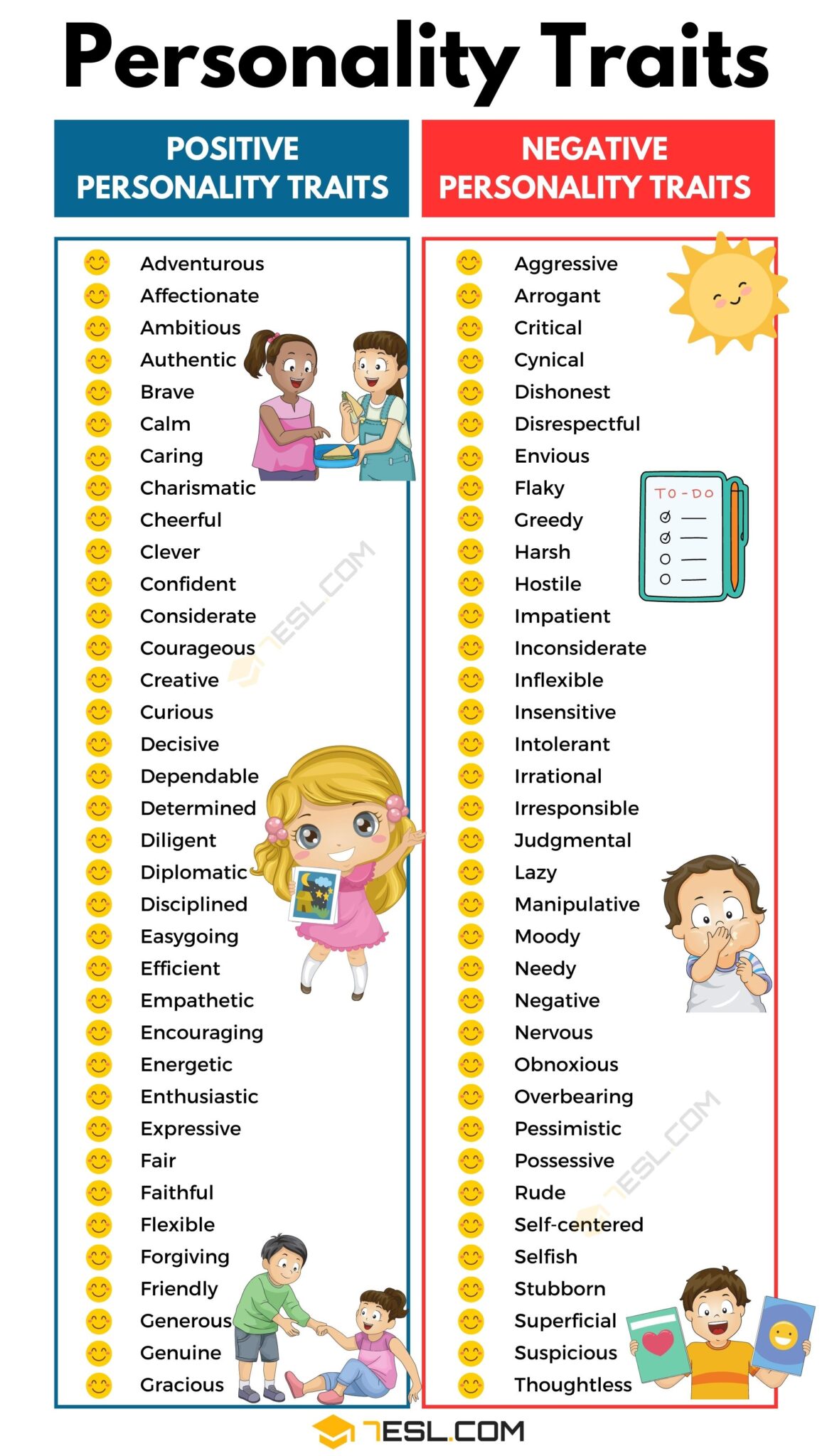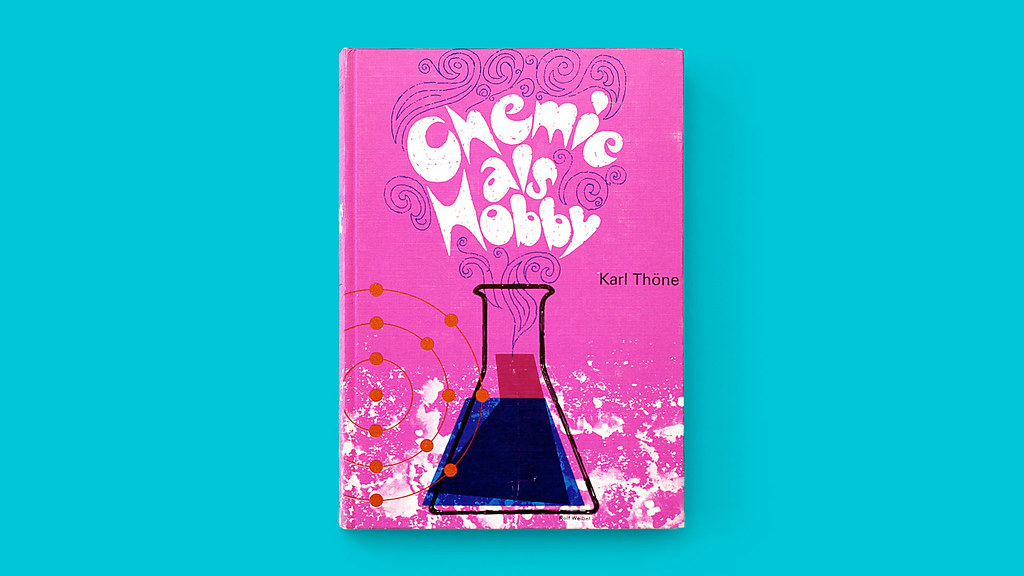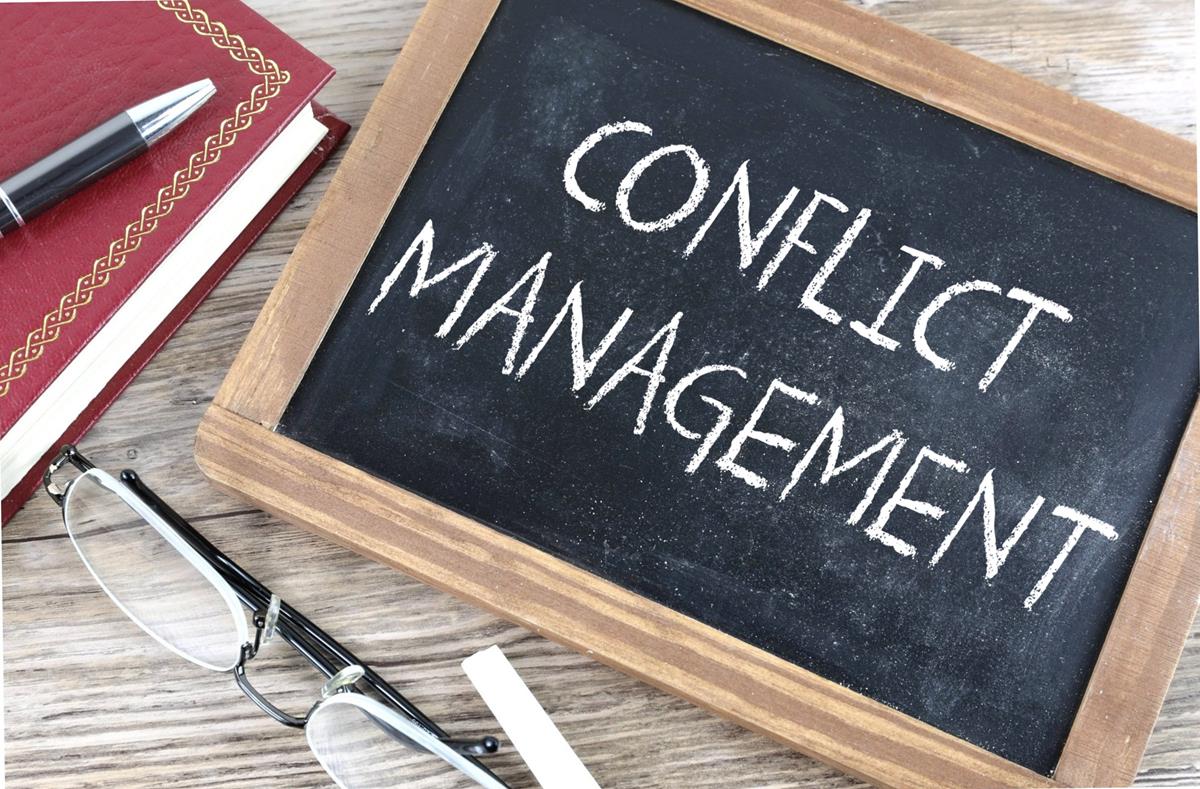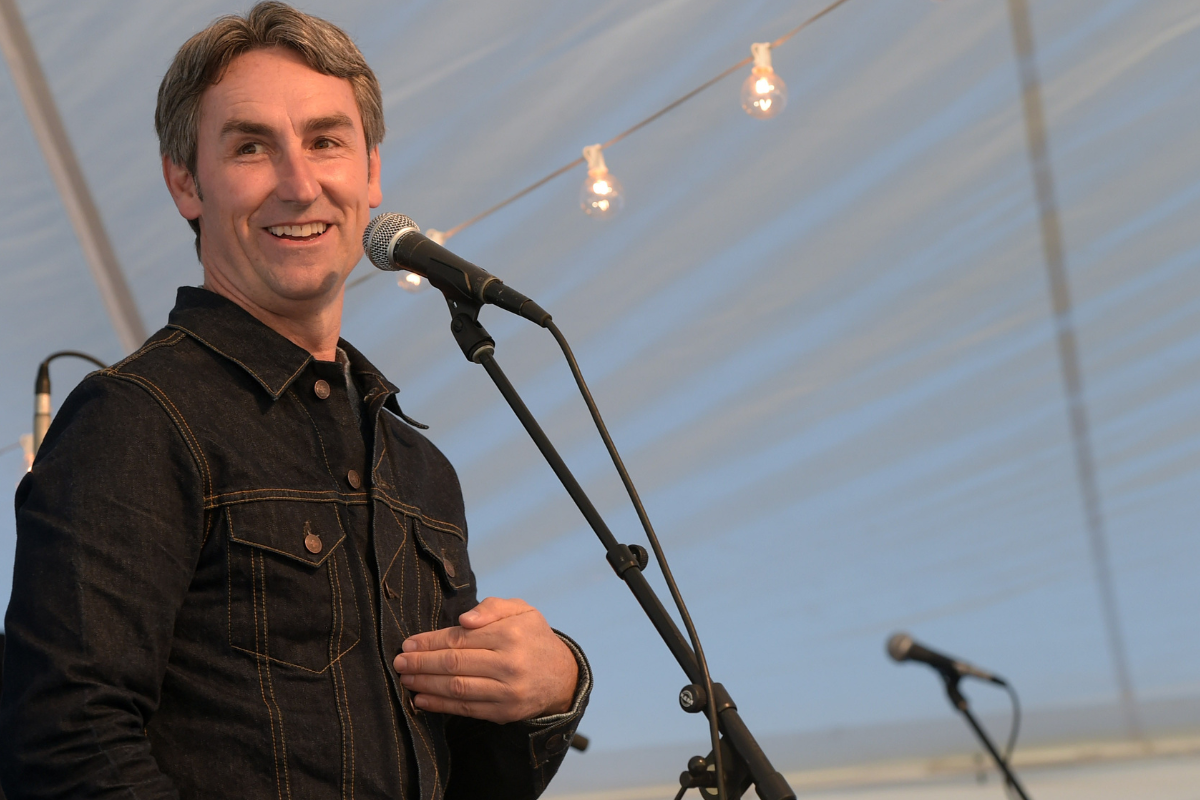
In the ceaselessly evolving landscape of modern enterprise, the pursuit of exceptional talent extends far beyond the mere verification of credentials and technical proficiencies. While a robust skill set remains an undeniable prerequisite, the discerning leader understands that true organizational vitality stems from a more profound alignment: a convergence of individual personality with team culture, established work styles, and an organization’s cherished values. This nuanced understanding, often elusive in a stack of impressive resumes, is precisely where the art of the personality interview question reveals its indispensable worth.
These meticulously crafted inquiries serve as a sophisticated lens, allowing hiring managers to transcend superficial assessments and delve into the intricate tapestry of a candidate’s psyche. They illuminate how an individual thinks, communicates, and navigates the multifaceted challenges inherent in real-world professional settings, offering a vibrant, three-dimensional portrait that no curriculum vitae could ever hope to capture. By thoughtfully integrating these questions, organizations can foster smarter hiring decisions, cultivate more robust team dynamics, and ultimately, engineer a workforce poised for sustained success and profound collective impact.
Indeed, the strategic deployment of personality-focused questions helps hiring managers grasp crucial elements like how a candidate manages stress, embraces and delivers feedback, and collaborates effectively with colleagues. These are the subtle yet powerful traits that frequently dictate long-term success and job satisfaction, often overshadowing the quantifiable qualifications listed on paper. Particularly for roles demanding intricate teamwork, inspirational leadership, or extensive client engagement, a careful consideration of personality and leadership styles, alongside core competencies, becomes paramount. A structured approach to exploring how candidates interact with others through these precise questions paves the way for confident and astute hiring choices, shaping not just individual careers but the very future trajectory of an organization.

1. **Can you walk me through how you’d handle a task that once felt impossible to you?**This is, without doubt, one of the most profoundly insightful interview questions, designed to illuminate the inner workings of a candidate’s resilience when confronted with overwhelming or deeply uncertain professional challenges. It serves as an invitation for applicants to delve into past experiences where their mental fortitude and adaptability were truly put to the test, offering a candid glimpse into their capacity for navigating adversity.
By posing this question, the astute interviewer can uncover a wealth of crucial information. First, it reveals how adeptly an applicant identifies the fundamental core of a problem, moving beyond surface-level symptoms to pinpoint the root cause. Furthermore, it offers insight into their ability to plan structured and logical solutions, demonstrating a systematic approach to overcoming obstacles. This inquiry also highlights their critical-thinking and adaptability skills, showcasing their capacity to pivot and innovate when initial pathways prove unworkable.
Crucially, this question helps determine a candidate’s willingness to collaborate or proactively seek support when faced with seemingly insurmountable tasks, indicating their understanding of team dynamics and resourcefulness. It also speaks volumes about their persistence in following through despite setbacks, a cornerstone of high performance. Finally, and perhaps most tellingly, it uncovers how they learn and grow from tough experiences, transforming past difficulties into valuable lessons for future endeavors. This question transcends mere problem-solving techniques, offering profound clues about a candidate’s emotional intelligence and their intrinsic capacity to manage stress effectively in genuine work scenarios.

2. **Do you thrive more in collaborative teams or when working independently?**This question stands as an essential component in any sophisticated hiring process, especially when the goal is to precisely tailor recruitment to align with a company’s distinct organizational structure. Some roles, by their very nature, demand an intricate tapestry of team synergy, where collective effort and shared vision are paramount. In stark contrast, other positions necessitate the unyielding drive of self-starters, individuals who can autonomously deliver exceptional results with minimal oversight. Incorporating this inquiry into your suite of interview questions is a direct pathway to determining crucial working-style compatibility.
Through the candidate’s response, one can meticulously assess whether they achieve their highest productivity within team-based environments, where ideas are exchanged freely and responsibilities are often intertwined, or if their strengths are more pronounced in solo contexts, where deep focus and individual ownership take precedence. This question also provides profound insights into their level of self-discipline and accountability, revealing how they manage their workload and commitments whether or not a team is directly involved. Furthermore, it sheds light on their communication prowess with teammates, a vital indicator for roles requiring constant coordination and information sharing.
Flexibility in shifting seamlessly between collaborative and independent tasks is another critical facet unveiled by this question, particularly relevant in dynamic workplaces where roles can often blur. It also gauges their comfort level with receiving feedback and coordinating efforts, both essential for harmonious team functioning. Ultimately, understanding where candidates genuinely perform at their peak ensures a more precise and enduring match between the specific demands of a job role and their inherent work preferences. This thoughtful alignment is a powerful predictor of long-term success, fostering sustained satisfaction and profound contribution within the organization.

3. **What’s a cause or activity that genuinely excites you?**Among the most insightful personality interview questions, this particular inquiry serves as a luminous beacon, guiding interviewers beyond the transactional realm of job duties and into the intrinsic passions that genuinely energize a candidate. It’s an elegant probe into the candidate’s personal world, revealing dimensions of their character that a conventional resume, focused solely on professional achievements, could never convey. The answers to this question often resonate with a profound authenticity, offering glimpses into what truly ignites their spirit.
By engaging with this question, organizations can embark on a valuable discovery process. Firstly, it allows for the identification of personal values that may profoundly align with the company’s broader mission, suggesting a deeper, more meaningful connection to the work beyond just compensation. Secondly, it helps uncover a powerful undercurrent of enthusiasm that, when channeled appropriately, can seamlessly translate into heightened workplace engagement and a more vibrant team atmosphere. An individual passionate about an external cause often brings that same fervor and dedication to their professional responsibilities.
Moreover, this question helps identify unique traits or extracurricular interests that, while seemingly unrelated to the job at hand, can add unexpected and significant value to the team dynamic. These could be organizational skills honed through volunteer work, creative problem-solving from a hobby, or leadership qualities developed in a community group. It also offers a subtle indicator of whether the candidate maintains a balanced life, suggesting a well-rounded individual with diverse interests, which often correlates with greater resilience and a fresh perspective. This question, therefore, provides a holistic view of the candidate, revealing the richness of their personal motivations and the breadth of their character.
Read more about: The Unvarnished Truth: 12 Car Models Where Design Cues Demanded More Than Comfort in 2025
4. **Share an example of how you used creativity to solve a difficult issue.**When the objective is to meticulously evaluate an individual’s problem-solving styles, particularly their capacity for innovative thought, few personality questions prove as illuminating and revealing as this direct inquiry. It transcends theoretical discussions, demanding concrete evidence of imaginative application in the face of genuine adversity. This question invites candidates to articulate a narrative where conventional approaches fell short, and their ingenuity became the catalyst for resolution.
This sophisticated query empowers the interviewer to assess several critical dimensions of a candidate’s intellectual toolkit. Firstly, it allows for a precise evaluation of how a candidate approaches challenges with fresh, unconventional thinking, moving beyond rote solutions to generate novel pathways. Secondly, it provides a window into their ability to innovate effectively even under the intense pressure of a looming deadline or a complex problem, showcasing grace under fire. Understanding if they can offer practical, out-of-the-box solutions, rather than merely abstract ideas, is paramount for roles demanding dynamic and adaptive thinking.
Most importantly, this question elicits real-life examples of past successes in navigating and solving complex problems through creative means. These anecdotal accounts are far more compelling than a general statement of creativity, as they provide tangible proof of a candidate’s resourcefulness and their capacity to translate imaginative concepts into actionable results. For any organization striving for continuous improvement and innovation, identifying individuals who possess this agile, creative problem-solving mindset is not merely beneficial—it is foundational to enduring progress and market leadership.
Read more about: Beyond the Mainstream: 15 Wild Classic Car Features Automakers Left in the Dust and Why You Won’t See Them Again
5. **How do others on your team typically describe your approachability?**Hiring an individual who can seamlessly communicate and collaborate effectively within a team begins with posing the right personality interview questions, and this particular inquiry offers exceptionally direct insight into interpersonal dynamics. It moves beyond a candidate’s self-assessment to explore how they are perceived by their peers, colleagues, and collaborators, providing a more objective and holistic view of their social and professional interactions. The responses often reveal the candidate’s capacity to foster positive and productive relationships within a workplace setting.
By engaging with this question, a perceptive interviewer can ascertain several vital aspects of a candidate’s relational aptitude. It helps determine whether the candidate naturally fosters an environment of trust and open communication, which is crucial for healthy team functioning and efficient information exchange. Furthermore, it sheds light on whether they actively support others or contribute to a sense of psychological safety within the team, an indispensable element for innovation and candid feedback. The ability to create such an environment signals a leader or team member who can truly uplift their colleagues.
Moreover, this question reveals how adeptly a candidate receives feedback from peers and offers peer encouragement, indicating a balanced approach to team dynamics where mutual growth is prioritized. It also provides clues as to whether their presence and demeanor positively impact overall team morale, a subtle but powerful contributor to collective success. Ultimately, understanding a candidate’s approachability through the eyes of their former colleagues offers invaluable foresight into their potential to integrate harmoniously, build bridges, and contribute meaningfully to the collaborative spirit of your organization.

6. **Would your supervisor say you pay close attention to details? Why or why not?**In the relentless pursuit of organizational excellence, securing talent with an acute eye for detail is not merely advantageous; it is a fundamental safeguard against errors, ensuring superior quality output and significantly mitigating the incidence of costly mistakes. This precise question is a sophisticated instrument for evaluating whether a candidate possesses an intrinsic commitment to accuracy and consistency, and importantly, whether they are perceived as such by those in supervisory positions. It bypasses self-aggrandizement, seeking instead a more validated perspective on their meticulousness.
Posing this particular inquiry reveals a multifaceted understanding of the candidate. Primarily, it unveils how candidates perceive their own work quality, providing insight into their internal standards and expectations. More critically, it uncovers whether they take genuine ownership of past errors or, conversely, of improvements driven by their attention to detail, indicating a mature and responsible professional ethos. This level of accountability is a cornerstone for reliability in any role. Furthermore, it helps ascertain if they are proactive in preventing mistakes before they materialize, showcasing foresight and a preventative mindset rather than merely reactive correction.
Ultimately, the ‘why or why not’ component of this question is pivotal, as it compels candidates to articulate the reasoning behind their supervisor’s potential assessment. This explanation provides a deeper understanding of their behavior and how it aligns with the exacting demands of precision-based roles. For positions where even the slightest oversight can have significant repercussions, a candidate who can articulate a strong, evidence-based argument for their detailed orientation, endorsed by a former supervisor’s hypothetical assessment, is an invaluable asset, signifying reliability and a commitment to impeccable standards.

7. **How do you typically respond under pressure or in high-stress environments?**Understanding precisely how applicants react and function in tense or demanding situations is an absolutely critical determinant for success, particularly for roles that intrinsically require unwavering composure, acute critical thinking, and decisive action. This question serves as an essential diagnostic tool, meticulously designed to identify a candidate’s emotional regulation capabilities and their inherent decision-making styles when faced with adversity. It seeks to uncover their authentic behavioral patterns when the stakes are high and the environment is volatile.
This specific interview question provides profoundly valuable insights into several key areas of a candidate’s professional persona. Firstly, it sheds light on their primary coping mechanisms when subjected to stress, revealing whether they employ constructive strategies or are prone to less effective responses. Secondly, it illuminates their ability to maintain singular focus and sustained productivity even amidst chaos, a hallmark of high-performing individuals. Thirdly, it acts as a measure of their emotional resilience and adaptability, showcasing their capacity to bounce back from setbacks and adjust to rapidly changing circumstances without losing equilibrium. Finally, and significantly, it helps to determine whether their presence and responses can genuinely contribute to a stable and reassuring team dynamic, or if they might inadvertently amplify existing tensions. For organizations navigating complex projects or operating in fast-paced industries, identifying candidates who possess the innate capacity to remain calm, analytical, and effective under duress is not just a preference, but a strategic imperative.
8. **Which three words best summarize your personality?**This seemingly simple query, an open-ended invitation for introspection, serves as a powerful lens through which to gauge a candidate’s self-awareness. It moves beyond the often-rehearsed narratives of professional accomplishment, compelling individuals to distill their essence into a concise, yet deeply revealing, verbal portrait. The chosen words, and the nuanced explanation accompanying them, can speak volumes about an individual’s intrinsic understanding of their own identity and professional demeanor.
For the discerning interviewer, this question offers immediate, profound insights. Firstly, it allows for a direct understanding of how candidates perceive themselves, providing a foundational benchmark for their self-image. Secondly, by comparing these self-described traits against the known values and cultural fabric of the organization, a precise assessment of compatibility becomes possible, indicating whether a candidate’s core personality will harmonize with the existing team dynamic.
Beyond mere self-description, this inquiry acts as a spotlight on unique soft skills or inherent strengths that an applicant might otherwise overlook in a traditional interview setting. These are the intangible qualities—perhaps a quiet determination, an inherent curiosity, or an unwavering optimism—that can profoundly enrich a team. Critically, the manner in which a candidate responds, whether with thoughtful deliberation or a facile, pre-packaged answer, can offer a measure of their authenticity versus a rehearsed performance, distinguishing genuine self-reflection from mere impression management. This question, therefore, provides a window into the truest self, beyond the polished resume.

9. **What traits or habits help you consistently meet deadlines?**In the fast-paced currents of modern business, the ability to consistently meet deadlines is not merely a desirable trait; it is a fundamental pillar of operational integrity and team reliability. This insightful personality interview question delves deeper than a simple ‘yes’ or ‘no’ regarding punctuality, striving to uncover the underlying mechanisms—the specific traits and habits—that empower a candidate to deliver results with unwavering consistency. It invites a candid exploration of their internal discipline and the systems they employ to navigate professional commitments.
The responses to this inquiry illuminate crucial facets of a candidate’s approach to work. It first reveals whether they are inherently self-driven, propelled by an internal compass of responsibility, or if their performance is more contingent on external oversight and team reliance. This distinction is vital for matching individuals to roles that demand varying degrees of autonomy. Furthermore, the question acts as a direct measure of their sense of personal responsibility and unwavering commitment, showcasing their dedication to fulfilling obligations.
A candidate’s articulation of their habits, be it meticulous planning, proactive communication of potential delays, or an innate ability to prioritize effectively, offers tangible evidence of their work ethic. It helps the interviewer assess if they possess the critical capacity to follow through on tasks without constant supervision, a hallmark of a truly reliable professional. Ultimately, by exploring how their personal traits intrinsically influence their work consistency, organizations gain a sophisticated understanding of a candidate’s potential for sustained, high-quality output and their innate ability to contribute dependably to the collective goals.

10. **What motivates you to pursue your career goals?**To truly comprehend the driving force behind a candidate’s professional aspirations, one must venture beyond the superficial ‘what’ and delve into the profound ‘why.’ This question is a masterkey, unlocking a deeper conversation about the individual’s core motivations and their inherent purpose in the professional sphere. It allows for an exploration that transcends resume bullet points, revealing the values and passions that truly fuel their journey, offering a richer, more nuanced portrait of their ambition.
By posing this inquiry, the astute interviewer can discern whether a candidate is primarily propelled by intrinsic motivations—such as a genuine desire for personal growth, a commitment to a larger purpose, or the inherent joy of mastering a skill—or if their primary drivers are external, perhaps rooted in financial gain, elevated status, or public recognition. Understanding this distinction is paramount for aligning an individual’s personal trajectory with the inherent rewards and opportunities available within the organization, fostering a more sustainable and fulfilling professional relationship.
The responses also provide invaluable insights into how adeptly a candidate can align their personal goals with the broader objectives of the company. It sheds light on the specific factors that genuinely influence their performance and persistence, indicating their resilience in the face of challenges. Moreover, it allows for an assessment of whether their aspirations resonate harmoniously with the strategic direction and growth opportunities offered by the organization. Candidates who articulate consistency, evident passion, and a proactive willingness to continuously improve over time, often demonstrate the kind of deep-seated drive that translates into exceptional, enduring contributions.

11. **Tell me about a time when you had to adjust quickly to a change at work.**In the dynamic, often unpredictable current of contemporary workplaces, the capacity for rapid adjustment is no longer a mere advantage; it is an indispensable trait for survival and success. This potent question probes a candidate’s adaptability, particularly revealing their agility and composure when confronted with unforeseen shifts or disruptions. It illuminates their ability to navigate uncertainty, a critical measure of resilience, especially within fast-paced or continuously evolving industries where the only constant is change itself.
This inquiry provides a rich narrative canvas for candidates to illustrate their practical approach to handling the unexpected. It directly reveals their initial response to change or significant disruptions, showcasing whether they embrace the shift with a proactive mindset or grapple with resistance. Crucially, it helps determine their ability to maintain consistent productivity even when foundational elements are in flux, a hallmark of individuals who excel under pressure. Furthermore, it offers insight into their innate capacity to remain calm and flexible, demonstrating emotional equilibrium amidst professional turbulence.
A candidate’s explanation of their communication strategies during such transitions is equally telling. Did they proactively inform stakeholders, seek clarification, or offer solutions? The most compelling responses often include specific, actionable strategies: perhaps actively seeking feedback to understand the new parameters, meticulous reorganization of tasks, or collaborative efforts with colleagues to collectively adapt. Such detailed accounts are powerful indicators of high adaptability, signaling an individual who can not only weather the storm of change but emerge from it with enhanced effectiveness and strategic insight.
Read more about: The Unseen Tapestry: Exploring the Rich History and Remarkable Legacies of Women Named Barbara, Featuring Barbara Eden

12. **What’s a hobby you enjoy outside of work, and what draws you to it?**While a candidate’s professional resume meticulously details their career trajectory and technical prowess, it rarely offers a glimpse into the individual behind the accomplishments. This particular personality interview question acts as a sophisticated tool for uncovering those hidden dimensions, providing invaluable insights into aspects of a candidate’s character that are not visible in a conventional professional summary. It is a subtle invitation to explore their personal world, revealing a broader spectrum of their emotional intelligence, their approach to time management, and even their intrinsic creativity, all outside the confines of a job description.
The responses to this query shed light on what genuinely energizes or inspires the candidate beyond their daily work responsibilities, offering clues to their well-being and potential for sustained engagement. It provides an opportunity to observe whether their chosen hobbies demonstrate a deep commitment and sustained curiosity, reflecting a capacity for dedicated engagement that can often transfer directly to their professional life. Furthermore, it helps ascertain if they naturally gravitate towards team-based or independent activities, offering a nuanced perspective on their preferred interaction styles outside of work, which can echo within a professional team setting.
Perhaps most significantly, understanding a candidate’s outside interests can provide unexpected insights into how they might contribute uniquely to the company culture. A passion for creative writing might signal an aptitude for innovative communication, while extensive volunteer work could underscore a strong sense of community and empathy. Interviewers should attentively listen for answers that convey genuine enthusiasm, demonstrate consistency in their pursuits, or highlight clear links to personal development, as these are often powerful indicators of a well-rounded individual poised to bring diverse perspectives and robust personal qualities to the workplace.

13. **When learning new things, which approaches work best for you?**In an era defined by relentless technological advancement and ever-evolving industry standards, the capacity for continuous learning is not merely an asset; it is a critical differentiator for both individuals and organizations. This question serves as an incisive diagnostic, designed to meticulously evaluate a candidate’s preferred learning style—a crucial piece of intelligence for effective onboarding, strategic professional development, and long-term retention. It elegantly connects soft skills, such as self-awareness and adaptability, directly to the practicalities of on-the-job performance and growth.
The answers provided offer a profound glimpse into a candidate’s approach to intellectual engagement. It helps determine whether they are inherently proactive, self-starters who independently seek out knowledge, or if they flourish within more structured guidance, preferring clear pathways for skill acquisition. This distinction is vital for tailoring mentorship and training programs to maximize their effectiveness. Furthermore, the question gauges their openness to receiving and integrating feedback, a cornerstone of self-improvement, and reveals how well their learning preferences align with the existing training approaches and collaborative learning environments within your team.
Beyond assessing current capabilities, this inquiry provides a strong indicator of a candidate’s likelihood to remain current with industry changes, emergent technologies, and evolving best practices. Candidates might articulate a preference for self-study through books or online courses, value peer mentoring for practical application, thrive in formal training workshops, or learn best through hands-on, experiential engagement. Each response offers a valuable clue to how they will most effectively absorb new information and acquire new skills, ensuring they remain a dynamic and adaptable asset within your work environment.
Read more about: Hold Up! You’re Missing Out On These 14 Must-Play Indie Games That EVERYONE Needs To Experience At Least Once!

14. **Describe a situation where you had a conflict with a coworker and how you resolved it.**The intricate dance of collaboration within any professional ecosystem inevitably leads to moments of friction. Conflicts, far from being signs of dysfunction, are common occurrences, particularly within highly collaborative environments. This personality interview question stands as an indispensable tool, offering a direct and highly revealing pathway into understanding how a candidate navigates interpersonal tension, manages disagreements, and, crucially, maintains professional relationships when faced with divergent opinions or challenging dynamics.
By asking this, the perceptive interviewer can uncover a wealth of information regarding a candidate’s interpersonal acumen. It provides a direct assessment of their approach to conflict resolution itself, revealing whether their inclination is towards mediation, proactive compromise, or a more assertive, direct confrontation. Furthermore, the narrative illuminates their core communication and negotiation abilities, showcasing their capacity to articulate their perspective while genuinely listening to others. This is a vital indicator of their potential to de-escalate rather than exacerbate tensions.
The story recounted offers profound insights into a candidate’s emotional intelligence and their innate patience, particularly in high-pressure situations where emotions might run high. It reveals their capacity to remain composed and constructive, rather than reactive or defensive. Ultimately, this question helps determine whether a candidate possesses the nuanced skills to maintain team harmony and foster a psychologically safe environment, even when faced with significant disagreement. For roles that intrinsically demand intricate teamwork and effective stakeholder management, understanding an applicant’s conflict resolution prowess is not merely beneficial, but absolutely foundational to sustained collective success.
These questions, when thoughtfully integrated into the interview process, transcend the superficiality of a resume, inviting candidates to reveal the intricate layers of their character, motivation, and adaptability. They empower hiring managers to move beyond merely filling a role to strategically building a team—a cohesive, resilient, and dynamic collective poised for shared success. By prioritizing these deeper insights, organizations can cultivate a workforce where individual strengths coalesce into collective triumphs, charting a course toward a future defined not just by achievement, but by profound alignment and enduring professional fulfillment.







